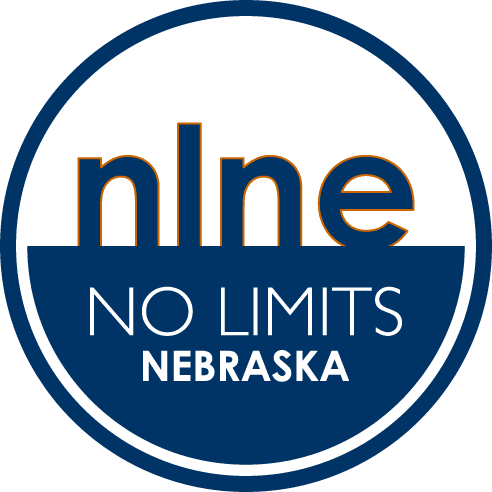For every $1 spent on helping smokers quit, states would see $1.26 return
A new study released today by the American Lung Association, and conducted by researchers at Penn State University, finds that helping smokers quit not only saves lives but also offers favorable economic benefits to states. The study, titled Smoking Cessation: the Economic Benefits, provides a nationwide cost-benefit analysis that compares the costs to society of smoking with the economic benefits of states providing cessation (quit-smoking) coverage. The study comes at an important time, as important cessation benefit provisions are being implemented at the federal and state levels as a result of healthcare reform legislation. . . .
Some of the highest rates of smoking are found among people enrolled in Medicaid, the joint federal and state health program for low-income people. The American Lung Association urges every state to provide all Medicaid recipients and state employees with comprehensive, easily accessible tobacco cessation benefits. A comprehensive cessation benefit includes all seven medications and three types of counseling recommended by the U.S. Public Health Service for tobacco cessation. Only six states now provide comprehensive coverage for Medicaid recipients: Indiana, Massachusetts, Minnesota, Nevada, Oregon and Pennsylvania.
The Lung Association also recommends that private insurance plans and employers offer comprehensive cessation coverage and encourages states to require them to cover these treatments. Only seven states have such requirements now: Colorado, Maryland, New Jersey, New Mexico, North Dakota, Oregon and Rhode Island.
Read More at: PR Newswire
